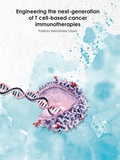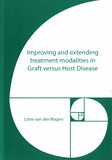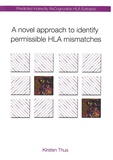Kuball
Cellular Cytotoxicity and Tumor Immune Evasion
Tumors, and the environment they reside in, develop different mechanisms to evade attack from the immune system. Understanding these immune evasion mechanisms is important for developing new strategies in cancer treatment.
Bone marrow cancers like leukemia and multiple myeloma are growing in a bone marrow microenvironment which closely interacts with the cancer cells. It is known that this environment has an active role in favoring growth of tumor and failure of local (cytotoxic) immune control. Recently, it is becoming more appreciated that the tumor environment also prevents effective anticancer treatment by upregulating anti-apoptotic pathways in tumor cells (including anti-granzyme serpins) and by inducing immune dampening mechanisms, (including CTLA4 and PD-1/PD-1L), resulting in overall inhibition of tumor-specific cytotoxic T cells.
Our goals are:
- to unravel the mechanisms by which cytotoxic immune cells use granzymes to attack tumor cells
- to identify (microenvironment-induced) tumor immune evasion pathways
- to develop strategies to strengthen the patients own immune system for cancer treatment
The interactions between the tumor microenvironment, immune cells and cancer cells will be studied in vitro and in vivo. Bone marrow and blood samples of patients that received immune therapies will be analyzed to understand if possible immune evasion mechanism could be correlated with the clinical response of these patients. These insights are needed to improve current immune therapy for bone marrow cancer patients.





























